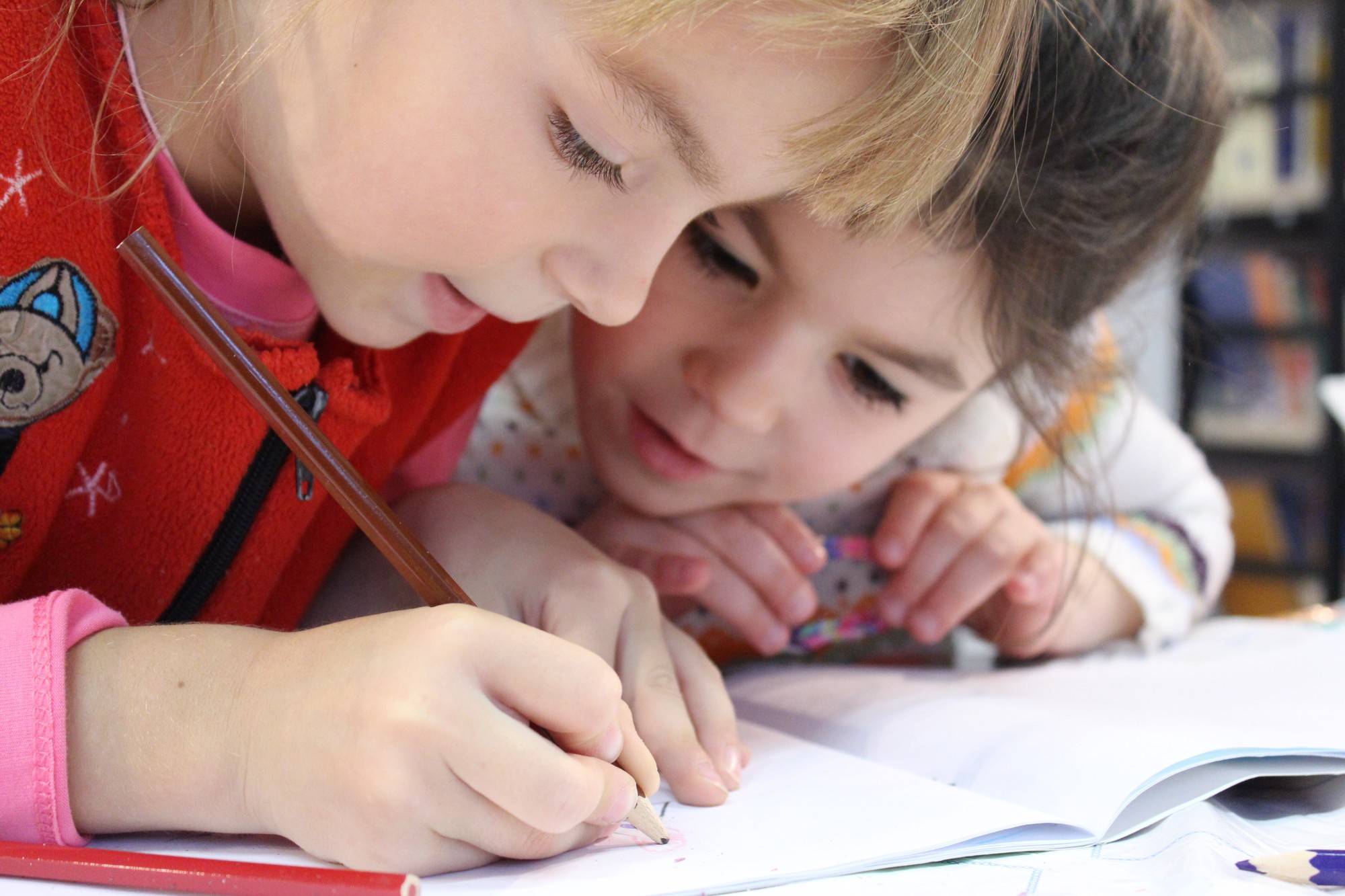Moving to a new town can be stressful for kids. Even relocating to a different area of the same town can be somewhat traumatic if they have to change schools and make new friends.
When kids are young, leaving beyond the security of old friends isn’t easy. Starting over and meeting new people can take time and be scary.
This article takes a look at tips for how to help your kids make new friends at school after a move. Keep reading to discover insight into the process of forming new friendships in an unfamiliar place.
1. Check Out the Neighborhood
It’s a good idea to research neighborhoods in the area where you plan to move. Investigate schools in the area, as well as the type of sports and other social activities that are available to kids of all ages.
Choosing an area with plenty of kids the same ages as your children will help to expedite the process of making social connections and building friendships. After all, having access to potential friends is the best way to make new friends.
2. Spend Time at the Public Library
Another great way to meet new kids is to visit the public library in your area on a regular basis. Kids love to read, and the library is obviously loaded with books for every age group.
Most libraries also host activities such as reading clubs, educational events and other special events aimed at bringing gets together to interact in a safe and friendly environment.
3. Host a Party
Everyone loves a party, right. Hosting a fun party is the ideal way to let kids get to know kids in the neighborhood and kids at school better while having a great time playing, watching a movie, or just hanging out eating pizza or hamburgers.
A party at your house will help everyone relax and interact organically rather than in the more formal atmosphere of a classroom at school.
4. Talk to Their Teachers
As a parent, you’d be wise to take time early in the school year to visit your kid’s teachers. Ask them to offer feedback about how things are going in class and outside of class.
Does your kid seem to get along with others, or does he or she tend to isolate themselves? The more you can know about what goes on at school, the better equipped you’ll be for engaging your kid and offering guidance that can improve their social experience.
5. Model Good Social Behavior for Them
It’s important to remember that some kids aren’t naturally social. A lot of this depends on the kind of social behavior they witness around them, especially at home.
If a child’s parents are social creatures, this will typically have a huge impact on the child. After all, people mirror what they are familiar with. But if parents live a more isolated lifestyle, this behavior will rub off on the kids and they might have difficulty interacting in social situations.
6. Pay Attention to How They Interact with Others
As is the case with most parents in the modern world, you are likely very busy. Thus it can be challenging to observe your child every minute of the day. And yet it’s crucial to pay attention to how your kid interacts with others in social environments.
You can learn a great deal about the state of your child’s internal world by simply observing how they interact. Do they enjoy playing in groups? Do they easily engage in conversation? Do they laugh a lot? Do they willingly share and take turns?
The answers to these questions will help you understand how to intervene, offer guidance, and encourage their social development.
7. Role Play at Home
Here is a great exercise for boosting a child’s socialization skills. If you’ve noticed that your kid has difficulty socializing, take the time to role play with them at home.
Make a game out of teaching them to ask someone to play with them, or to simply start a basic conversation with someone they’ve never met. This allows you to show them just how easy it can be to make new friends.
8. Sign Them Up for Sports Teams
Extracurricular sports are a great way for kids to make new friends. After all, most kids love getting involved in sports. Becoming part of a team teaches them teamwork, and enables them to have fun in an environment filled with kids their own age who share similar interests.
When relocating to a new area, this moving company can help make the process easier.
9. Praise Them for Making Efforts
Not every kid is naturally outgoing. A more introverted kid might be a little slower at meeting new people and making friends.
Keep in mind that introverts often find social situations uncomfortable, especially at first before they’ve had time to warm up. Thus it’s best to be patient and praise them for making an effort, and allow them to make new friends at their own pace.
10. Get Outside
Sometimes the most effective way to make new friends is to simply spend time outside. Outdoor activities enable kids to interact with others in an organic way, and to have fun with each other in a pressure-free environment.
Spending time at the park, the public swimming pool, or simply working and playing in the yard provides the perfect opportunity to strike up conversations with neighbors or kids riding their bikes along the sidewalk.
Tips to Help Your Kids Make Friends at School
Meeting new people after a big move can be stressful for some kids. Fortunately, the tips contained here can help your kids make friends at school a bit quicker and easier.
Keep scrolling to see more helpful lifestyle tips and advice.

Leave a Reply